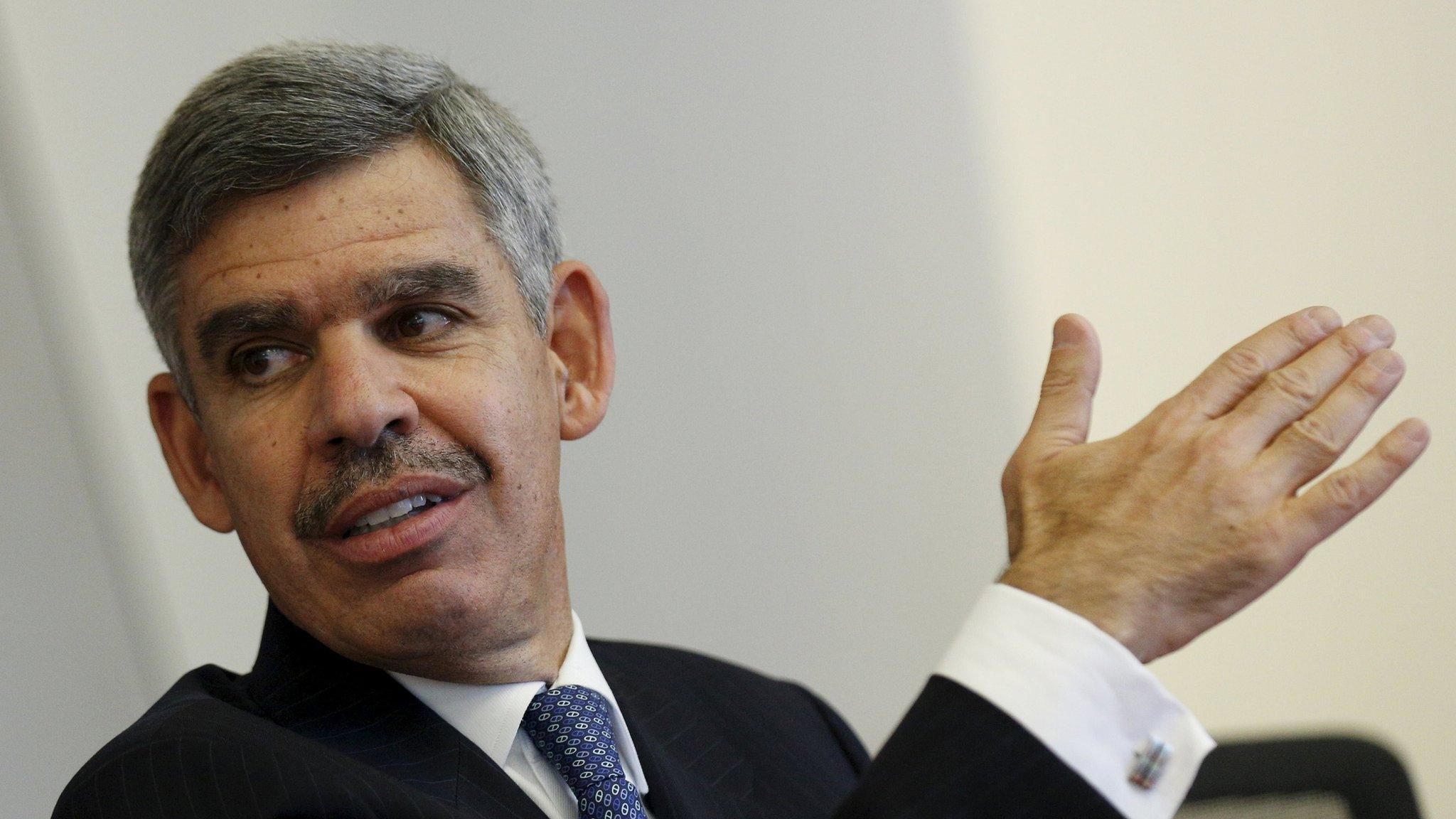Share buybacks need good reasons, says Pirc
- Published

Companies should stop buying up their own shares unless they can show why it is a good idea, a leading advisory firm has told the BBC.
Companies should explain why they are buying and cancelling their own shares and not paying more dividend or using cash to expand their businesses, Pirc told the BBC's Today programme.
Buying up shares can make a company's performance seem better, often leading to bigger bonuses for bosses.
It used to be illegal in the UK.
"It's the ultimate of what is described as financial engineering where the company is seen as a financial instrument rather than a thing which shareholders own and should be creating value from what it's doing," said Tim Bush, head of governance and financial analysis at investors' advisory consultancy Pirc.
'Conflicts of interest'
Using company cash to buy shares on the stock exchange means the company can then cancel them, reducing the number of shares in existence, said Mr Bush. Each remaining shareholder then owns proportionately more of the company. It also means that profits are divided between fewer shares.
This value - earnings per share - is one measure which can determine the bonus of big company bosses. If earnings are sluggish, you can reduce the number of shares to improve the ratio.
"If you talk to people about buybacks and ask them for a criticism the first thing they will usually come up with is that management do it to increase earnings per share because that's what their pay schemes are based on," said Mr Bush.
It's also a more expensive way of handing money to shareholders, said Mr Bush. Companies have to pay 0.5% stamp duty when they buy their own shares, while paying more dividend costs next to nothing.
"There are a lot of conflicts of interest - lawyers make money out of buybacks, investment bankers make money out of buybacks because they take commissions and the government has its little take," he said. "There's an awful lot of people who have a vested interest in buybacks occurring as well as management with pay incentives."
'Shareholders want it'
There are reasons why investors and regulators have been cautious about clamping down on the practice, says Mr Bush. While investors such as Mohamed el-Erian, chief economic adviser at Allianz, have pleaded with corporations to spend their cash on expansion, this approach also carries risks.
"One fear in tightening up on share buybacks is that companies would make value-destroying acquisitions instead," he said.
But James Bevan, chief investment officer at CCLA Investment Management, said share buy-backs can work well as investors often concentrate on the earnings-per-share measure themselves.
"Buybacks have been abused in some instances," Mr Bevan said.
"However, it is not correct to say magnifying earnings per share is necessarily wrong - shareholders want earnings per share."
- Published4 February 2016

- Published8 January 2016
